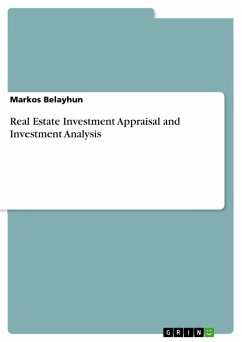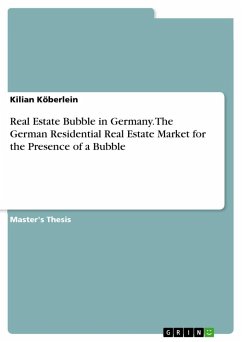This book studies short- and long-term relationships between macroeconomic growth and real estate investment in Hong Kong. Literature shows that residential investment leads gross domestic product, while non-residential investment lags behind GDP. This book shows that real estate investments do not necessarily have a long-run equilibrium relationship with the economy. Private residential does not have a long-run equilibrium relationship with the economy, but public housing investment does. This book confirms the conservative fiscal policy and the reactive nature of the public housing policy. This book is an empirical approach to macroeconomics and real estate investment. It utilises a set of advanced theories and econometric methods to deal with time-series data. These theories and methods embrace cointegration, Granger causality, structural break, VAR and error-correction model (ECM). This book estimates long- and short-term elasticities. Hence, theories, test techniques, analysis processes and results lead this book to being appropriate for economic analysts, policy makers, real estate investors, college students and postgraduates to read.
Hinweis: Dieser Artikel kann nur an eine deutsche Lieferadresse ausgeliefert werden.
Hinweis: Dieser Artikel kann nur an eine deutsche Lieferadresse ausgeliefert werden.

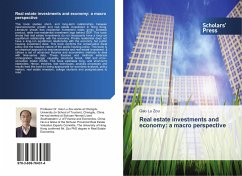
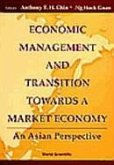
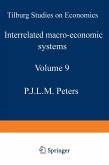
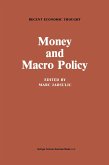
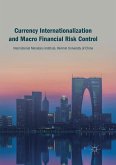
![Practical Real Estate Methods, for Broker, Operator & Owner [microform]: Thirty Experts on How to Buy, Sell, Lease, Manage, Appraise, Improve and Fina Practical Real Estate Methods, for Broker, Operator & Owner [microform]: Thirty Experts on How to Buy, Sell, Lease, Manage, Appraise, Improve and Fina](https://bilder.buecher.de/produkte/65/65510/65510183m.jpg)
